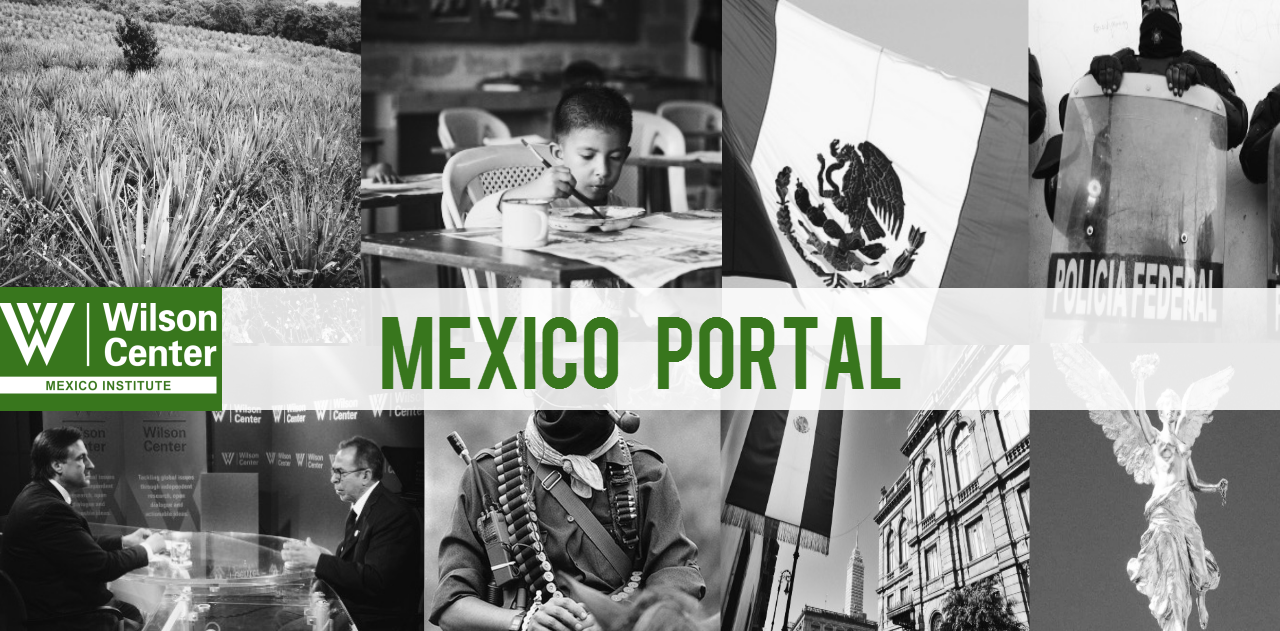Royal United Services Institute, 3/22/12
 The Royal United Services Institute (RUSI) in London, GLOBE International and The Economic Commission for Latin America and the Caribbean (ECLAC/CEPAL), have collaborated and produced an interim report on their ongoing dialogue with Mexican officials regarding climate change and what it means for Mexico’s security.
The Royal United Services Institute (RUSI) in London, GLOBE International and The Economic Commission for Latin America and the Caribbean (ECLAC/CEPAL), have collaborated and produced an interim report on their ongoing dialogue with Mexican officials regarding climate change and what it means for Mexico’s security.
This project follows on from the Royal United Services Institute’s (RUSI) previous work, which took place between 2008 and 2010, assessing the implications of climate change for national security in Mexico and Central America. The final report, launched in 2010, showed how climate change is expected to have profound impacts on Mexico and Central America, reshaping resource distribution, creating new dynamics of winners and losers, and making current challenges concerning poverty and governance more difficult to respond to. It was argued that these changes are likely to reshape the physical and political terrain of Mesoamerica and could have far-reaching repercussions for national and regional security.
Read the full report here.

Hello and thank you for this article.
So-called environmentally induced migration is multi-level problem. According to Essam El-Hinnawi definition form 1985 environmental refugees as those people who have been forced to leave their traditional habitat, temporarily or permanently, because of a marked environmental disruption (natural or triggered by people) that jeopardised their existence and/or seriously affected the quality of their life. The fundamental distinction between `environmental migrants` and `environmental refugees` is a standpoint of contemporsry studies in EDPs.
According to Bogumil Terminski it seems reasonable to distinguish the general category of environmental migrants from the more specific (subordinate to it) category of environmental refugees.
Environmental migrants, therefore, are persons making a short-lived, cyclical, or longerterm change of residence, of a voluntary or forced character, due to specific environmental factors. Environmental refugees form a specific type of environmental migrant.
Environmental refugees, therefore, are persons compelled to spontaneous, short-lived, cyclical, or longer-term changes of residence due to sudden or gradually worsening changes in environmental factors important to their living, which may be of either a short-term or an irreversible character.
According to Norman Myers environmental refugees are “people who can no longer gain a secure livelihood in their homelands because of drought, soil erosion, desertification, deforestation and other environmental problems, together with associated problems of population pressures and profound poverty”.
LikeLike